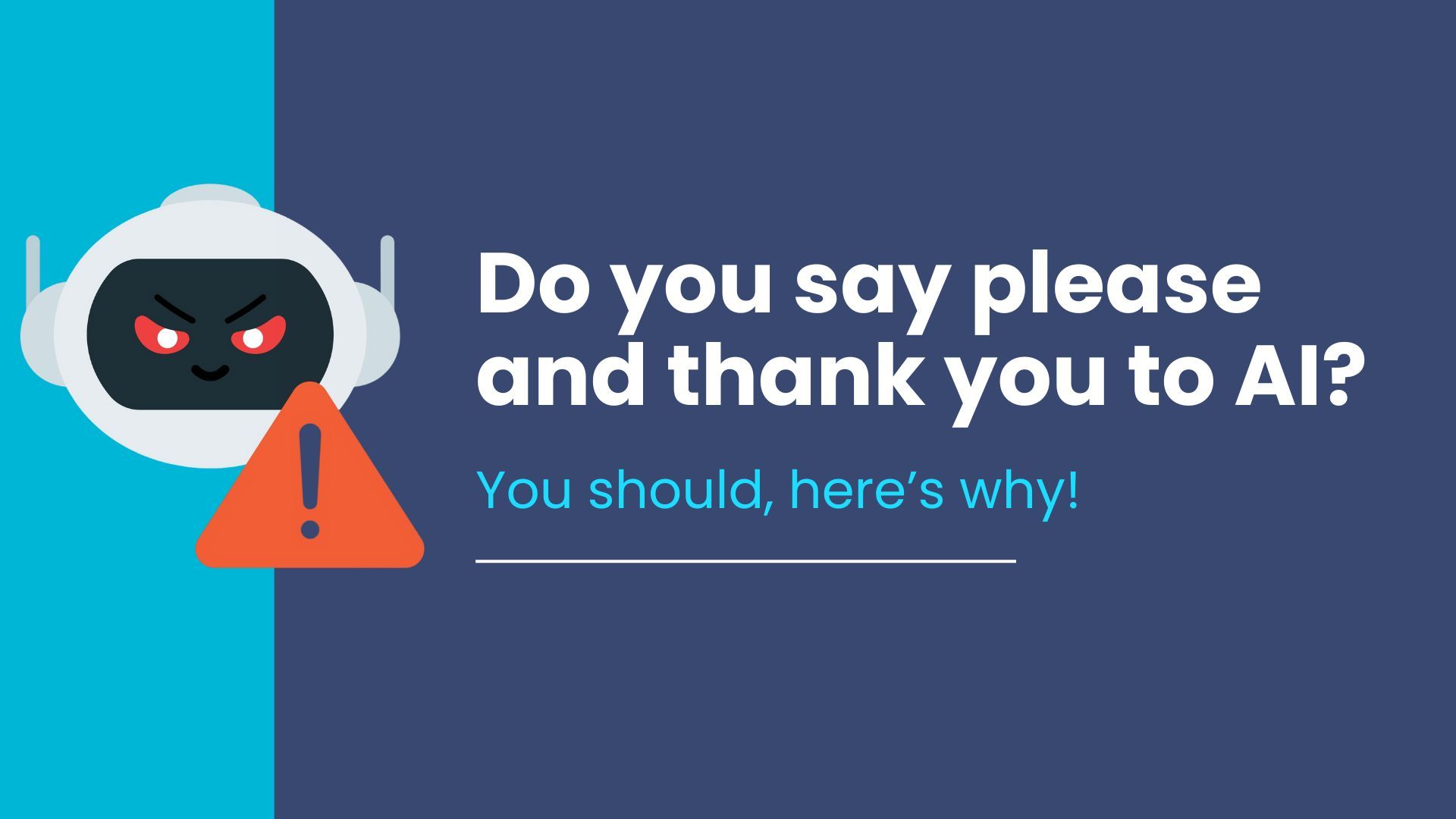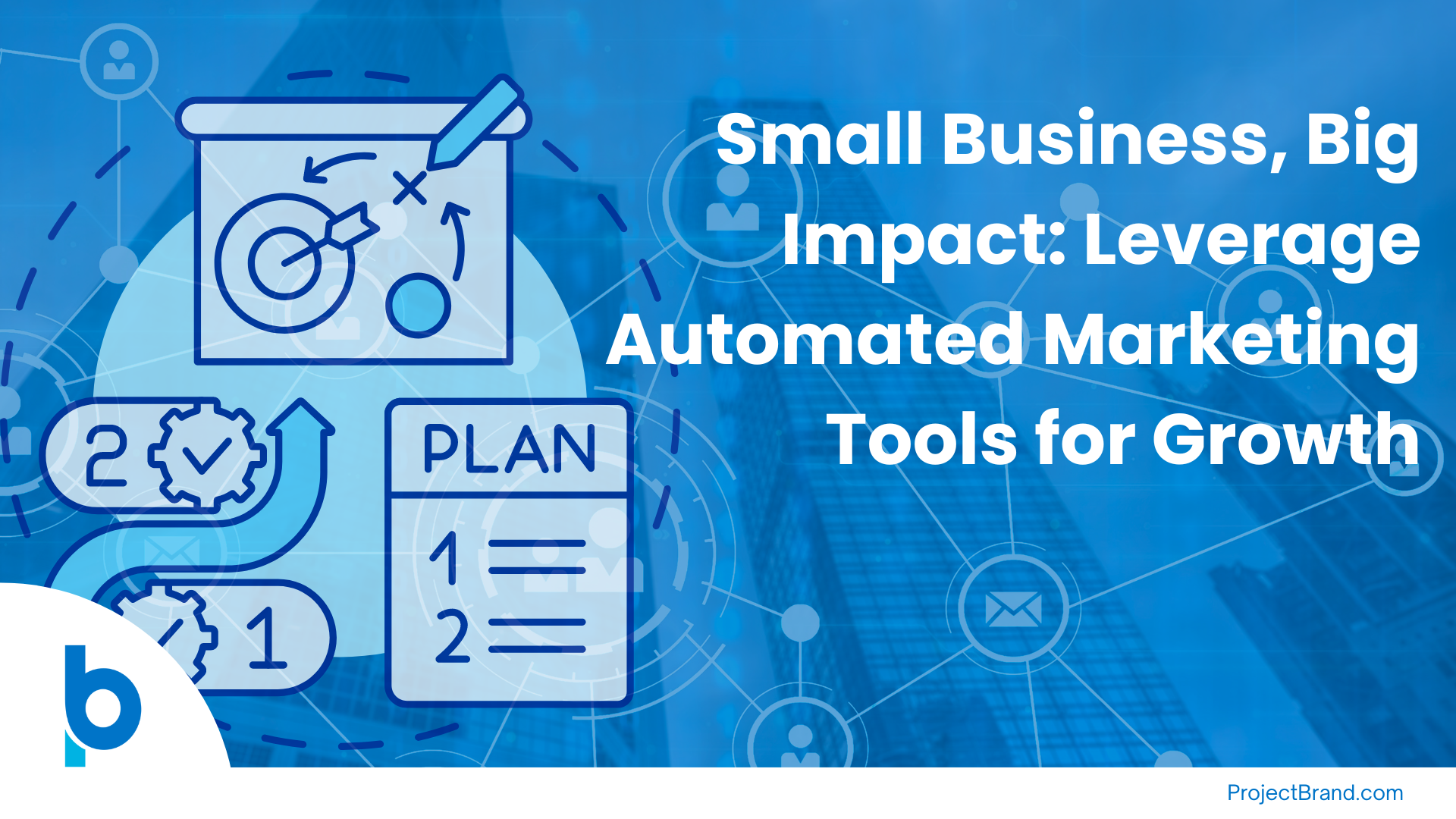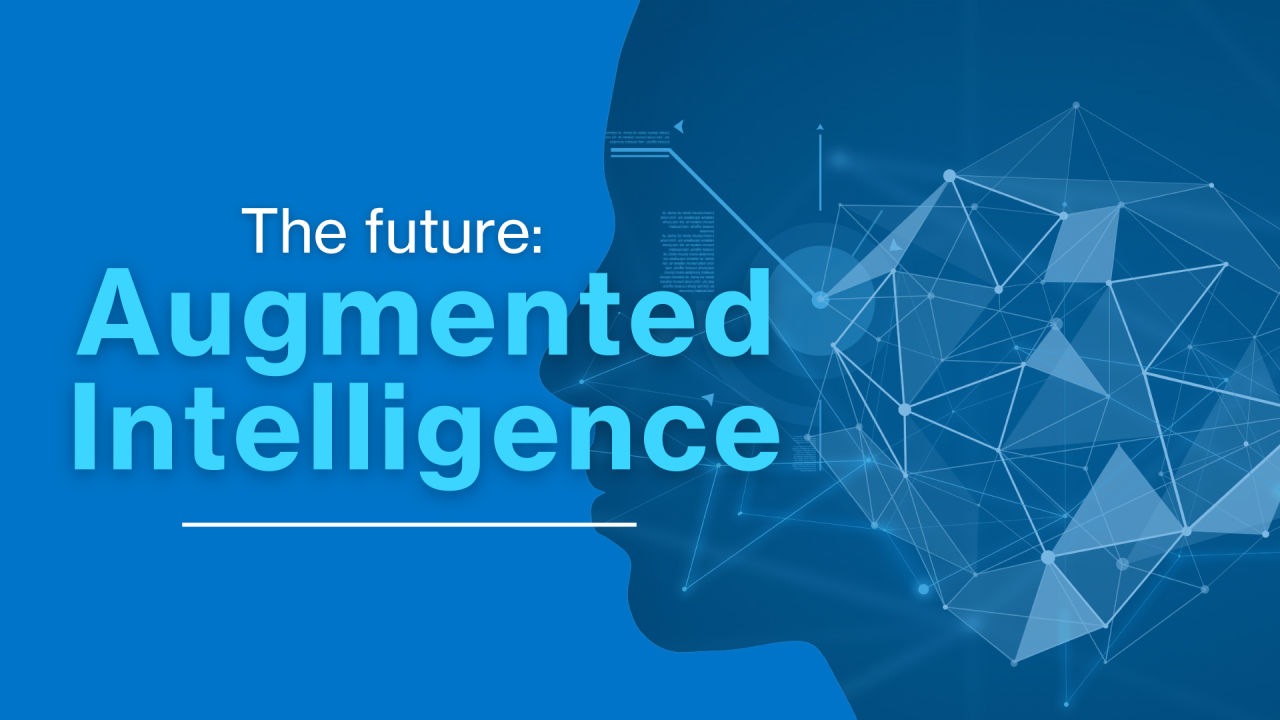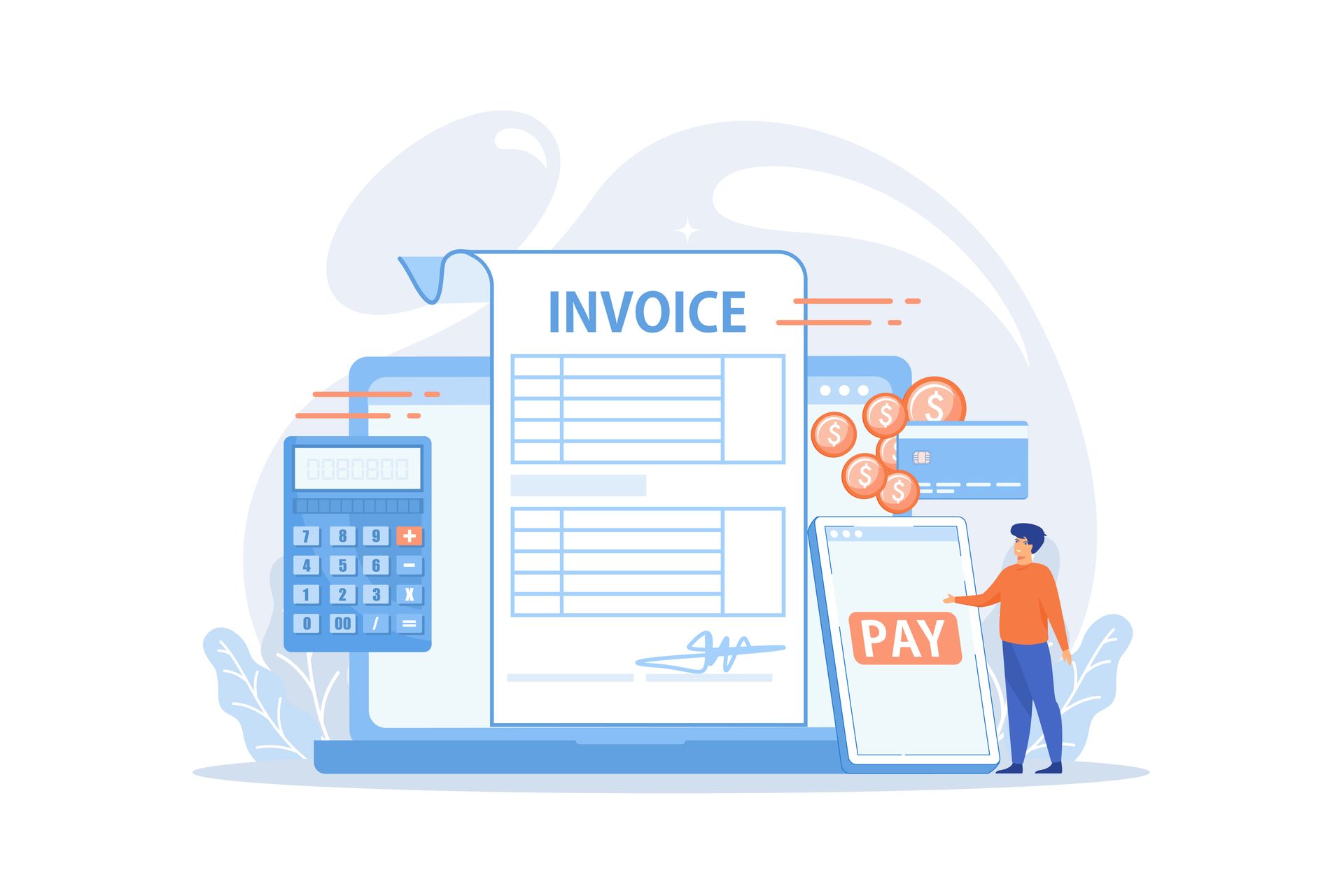Receive our Newsletter
Please and Thank You: Why Being Polite to AI Matters More Than You Think

You’ve just finished a complex task with the help of a language model. It drafted emails, debugged code, or even helped you brainstorm a creative story. As you read the final, perfect response, a thought crosses your mind: should you type "thank you"?
It feels a bit strange, doesn't it? After all, you're talking to a complex system of algorithms and data, not a sentient being with feelings. It won't get offended if you’re blunt, and it won’t blush with pride if you’re polite. So, does it matter?
The short answer is yes. While politeness might not affect the AI’s feelings, it has tangible and important effects on us and the technology we are building. Here’s why we should all consider being a little more courteous to our digital assistants.
1. The Pragmatic Payoff: You Get Better Results
This is the most direct and least philosophical reason. A polite and well-structured query is often a better query.
Consider the difference:
- Rude/Blunt: "Give me marketing slogans for coffee."
- Polite/Detailed: "Could you please help me brainstorm some marketing slogans for a new brand of ethically-sourced, single-origin coffee? I'm targeting a younger, environmentally-conscious demographic. I'd appreciate a mix of short, catchy phrases and some that are more descriptive. Thank you!"
The second prompt isn't just more polite; it's more effective. The courteous framing naturally encourages us to add context, clarify our goals, and specify the desired output. Politeness acts as a social lubricant that helps us structure our thoughts more coherently. In a task-oriented conversation with an AI, this clarity is crucial for getting a high-quality, relevant response on the first try. Rudeness, by contrast, often correlates with brevity and a lack of detail, leading to generic or unhelpful answers.
2. Practice Makes Permanent: Reinforcing Good Human Habits
Politeness is a social muscle. The more you use it, the stronger and more natural it becomes. Conversely, if you get into the habit of being demanding, rude, or dismissive with an entity that can't talk back, it can subtly erode your default behaviour.
Think about it: how you interact with an AI chatbot is a low-stakes interaction. There are no immediate social consequences. This makes it a perfect training ground. By making a conscious choice to be respectful, you are reinforcing patience, thoughtful communication, and empathy within yourself. This practice translates directly to your interactions with other humans—from customer service agents and colleagues to friends and family. Normalizing rudeness, even to a machine, risks lowering the bar for our interactions everywhere.
3. Training the Future: We Are Teaching the AI
Large language models like this one are trained on vast amounts of text data, including the prompts and conversations they have with users. Every interaction you have is a drop in the ocean of data that will be used to train, refine, and align future generations of AI.
When we use polite, constructive, and ethical language, we are contributing to a dataset that teaches the AI to be more helpful, harmless, and collaborative. We are essentially voting with our words for a future where AI interaction is positive and safe. By feeding the system rude, aggressive, or manipulative prompts, we inadvertently teach it to recognize and potentially replicate those patterns. In a very real sense, we are co-creating the personality of the AI of tomorrow.
4. The Philosophical Reflection: It's a Mirror to Our Own Character
How we behave when no one is watching—or when we're interacting with something we perceive as "lesser" than ourselves—is often the truest reflection of our character. Your car won't know if you yell at it in a traffic jam, and your computer won't feel hurt if you curse at it for crashing. But what does that anger say about your own patience and emotional regulation?
Treating AI with a baseline of respect is a form of intellectual and ethical hygiene. It’s an acknowledgment of the incredible human ingenuity that created the tool, and it sets a standard for how we intend to engage with non-human intelligence. As AI systems become more sophisticated and integrated into our lives, establishing a norm of respectful interaction now is a wise investment in a more humane future.
Ultimately, saying "please" and "thank you" to an AI isn't for its benefit—it's for ours. It leads to better results, reinforces our own positive social habits, contributes to a healthier digital ecosystem, and reflects the kind of person we aspire to be.
So next time an AI helps you out, go ahead and type "thanks." It’s a small act that pays surprisingly large dividends.
The challenge isn't defining AI. The challenge is defining ourselves.











